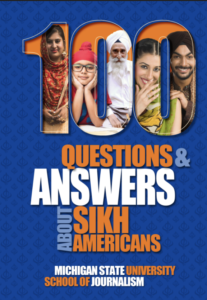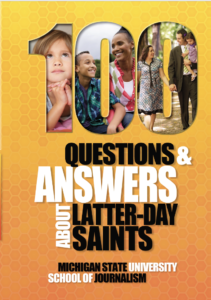 ABC News goes in-depth on reparations, an issue that has been with us for well more than a century and is growing.
ABC News goes in-depth on reparations, an issue that has been with us for well more than a century and is growing.
“100 Questions and Answers About African Americans,” for those who need grounding, explains the issue this way:
What are reparations?
Reparations are made to right past wrongs. They are often payments. The United States has paid more than $1.5 billion to settle claims made by Black farmers in a class-action lawsuit against the U.S. Department of Agriculture. The case was called Pigford v. Glickman. It was about discrimination in farm loans and assistance paid between 1981 and 1996. In 1989, U.S. Rep. John Conyers (D-Detroit) began introducing bills to create a commission to study more sweeping reparations for events dating back to slavery. Those bills have not advanced. Japanese Americans interned during World War II have received $1.6 billion in reparations and a formal apology from the U.S. government. Native Americans have received several payments including a $3.4 billion settlement in 2012.
In the ABC story, Georgetown students voted 2-1 to raise their tuition by $27.20 a semester to benefit descendants of 272 slaves the university sold to pay off its debt. The move kept Georgetown solvent.
Tuition is set by universities, not the students. This case, with its symbolic $27.20 for 272 people has an unusually clear line from the enslaved to those who directly benefit from that. It will not be the last time we hear about reparations, which are being discussed in the run-up to the 2020 presidential election.
The ABC story has some interesting, contemporary background on the issue.
“100 Questions and Answers About African Americans” seeks to answer some of the basic, entry-level questions people have—like the one about reparations—that they might be reluctant to ask.


















